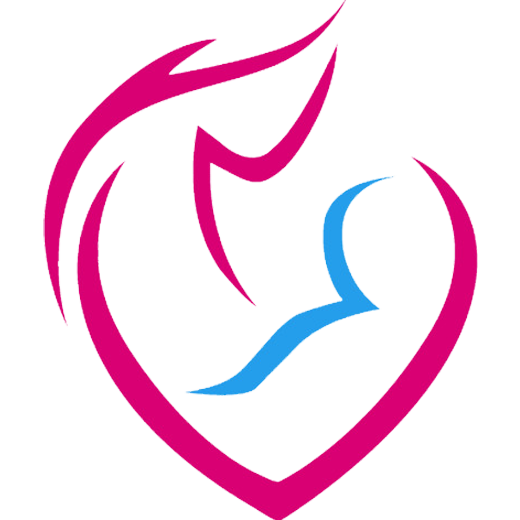The course “Parents’ Preparation – Natural / Vaginal Birth” is taught at the seventh semester. Both in theory and in the laboratory, students learn how to prepare couples so that the transitional stage into motherhood, and fatherhood as well, is smoother, defending their new roles as parents. Students practice in various technical methods in relation to the communicative, psychological, and scientific part throughout pregnancy, with the aim of carrying out a normal/vaginal birth, welcoming the new existence and dealing with the postnatal period. The aim of this course is for students to be able to offer their services and to perform their duties throughout their future careers so that this whole journey towards parenthood constitutes a beautiful and special experience for the new couples.
- Laboratory Outline
- Introduction. Historical overview. International experience.
- The necessity of the parents’ preparation.
- The role of phenomenology during the parents’ preparation.
- Organization and operation of a parents’ preparation group.
- Groups of couples before pregnancy.
- Groups of couples during pregnancy.
- Preparation groups for mothers without a partner.
- Mixed groups of couples during pregnancy and couples after pregnancy with the newborn.
- Groups of parents after childbirth (postnatal period).
- Content of the parents’ preparation (information about pregnancy and childbirth, nutrition and hygiene, parental romantic relationship, communication of the family members, organization of the family to welcome the newborn, postnatal period, breastfeeding, fetal/ baby loss – death – mourning).
- First personal meeting (acquaintance, social history, personal history, familial obstetric history, current pregnancy, application, expectations, integration into a group).
- 1st Session 12th -13th week: Acquaintance, welcoming the fetus, emotions.
- 2nd Session 13th-14th week: Nutrition, physical and emotional changes, acquaintance and contact with the body – exercises.
- 3rd Session 18th -20th week: The function of the uterus and its demystification, cervical effacement and its importance, communication with the fetus, experiential exercises.
- 4th Session 20th-22nd week: Labor contractions – emotions, breaths, delivery breathing techniques.
- 5th Session 22nd-24th week: The role of the father partner.
- 6th Session 24th-26th week: The importance of movement during labor, postures and positions of labor, the value of a woman’s personal choice.
- 7th Session 26th-28th week: The onset of labor and its acceptance by the mother, ways of initiating labor, the culmination of the changes, cervical dilation, emotions.
- 8th Session 28th-30th week: Appearance of the fetus (fetal extrusion), emotions, perineal changes, exercises, breathing during contractions, communication with the fetus.
- 9th Session 30th-32nd week: Perineal preparation, exercises, massage, episiotomy, delivery of the placenta (3rd stage of labor).
- 10th Session 32nd-34th week: Welcoming of the newborn, communication with the parents (smell-touch-look-sound).
- 11th Session 34th-36th week: Breastfeeding and emotions.
- 12th Session 36th-38th week: Adaptation of the newborn to the life outside of the uterus.
- Organization and function of the family.
- Two (2) weeks after childbirth: Newborn care instructions.
- The newborn and its siblings.
- Emotional postnatal period.
- Emotional Intelligence.
